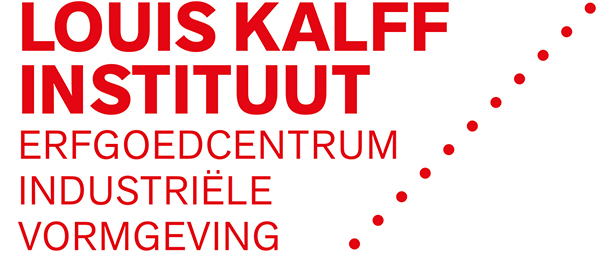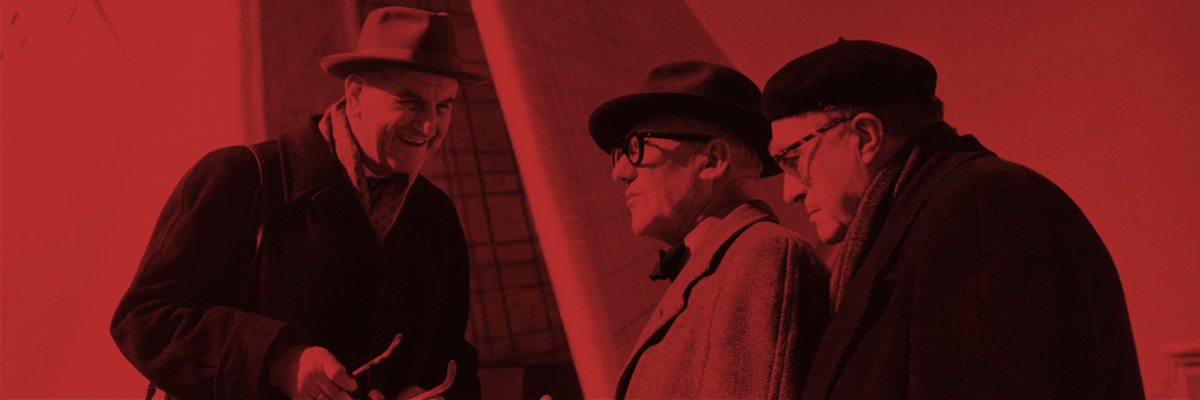Friso Kramer (1922), industrial designer. Kramer, the son of the architect Piet Kramer, attended the ambachtsschool (‘craftsmanship school’) and electro-technic school, after which he went to the Institute for Applied Arts Education (IvKNO) where he was taught by Johan Niegeman and Mart Stam. He then worked for some time for J.P. Kloos, and he briefly had an agency with Frans Paulussen. In 1948, he was hired by factory De Cirkel, where the director J. Schröfer was open to design and wanted to modernise. One of the most successful products for this company was the Revolt chair of 1953. This chair became an enormous success and was an icon of post-Second World War design in the Netherlands. From 1963 to 1968, Kramer was connected to the design agency Total Design, after which he joined the company Ahrend from 1971 to 1983. His work includes furniture, beds, lighting, heaters and street furniture for various companies such as ‘t Spectrum, Auping, Davo and Wilkhahn in Germany. In 1960, he developed a streetlight for residential areas for the city of The Hague.
Kramer taught at the Academy of Art in The Hague from 1962 to 1966, and for his contributions to the profession he has received the BKI prize (1961), the Piet Zwart prize (1983), the Kho Liang Ie prize (1990) and the David Roëll prize (1991).
Book
De stoel van Friso Kramer (‘Friso Kramer’s chair’)
Premsela Design Story
Author: Yvonne Brentjes
Publisher: nai010, ISBN: 97-8946-208-021-8
www.nai010.com
The Dutch version of this biography is taken from the book Visies op vormgeving, het Nederlandse ontwerpen in teksten deel 2: 1940-2000 (2008) by Frederike Huygen. The following sources have been used for this biography:
– Pruys-van der Geest, H., ‘Wonen. Couchette aanbouwprogramma zal veel tieners plezier doen’, Het Parool, 4 december 1965]
– Colmjon, G. van, Kloos, M. ‘De prachtige voltreffers van een dogmatisch ontwerper. In gesprek met Friso Kramer’, Items 7 (1988) 26, pp. 32-41.
– Bullhorst, R., Eggink, R. ‘Friso Kramer industrieel ontwerper’, Rotterdam 1991.








